Algicel produces microalgae in the Autonomous Region of the Azores using a patented technological process. Top management has put the company's activity into perspective with a set of values that are in line with the SDGs (Sustainable Development Goals) defined in 2015 by the United Nations, namely Ethics, Health, Truth, Environment, Work, Perseverance, Innovation and Respect. These values are embodied in decisions that have an impact not only on the company but also on its employees, the environment and society, in line with the aforementioned SDGs:
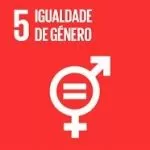
Algicel has chosen to maintain parity between men and women wherever possible, both in terms of the number of employees and in terms of remuneration, without any discrimination for employees in the same professional categories. Algicel currently employs an equal number of men and women.
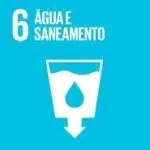
Algicel has established water reuse processes that drastically reduce water consumption and has physical microfiltration methods for water used in crops, as well as for effluents, guaranteeing freedom from any kind of contamination. Microfiltration is also used for workers' drinking water, avoiding bottled water.
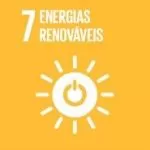
Algicel has a photovoltaic park and is going to increase capacity to get closer to energy self-sufficiency.
Algicel consumes electricity from the public supplier EDA. It should be emphasised that 40% of EDA's energy production comes from a geothermal power station. As a result, any company operating on the island of São Miguel indirectly benefits from this renewable energy production in terms of the sustainability of its activity.
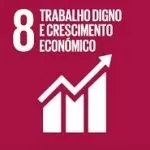
Algicel actively contributes to generating fair and equal paid employment. It has an impact on the regional economic fabric on an export and sustainable basis. It utilises and values endogenous resources and has low resource consumption compared to traditional industries. It uses its own intellectual property and values the professional qualifications of its employees, employing people from all levels of training (from level 1 to level 8), aged between 23 and 55.
On the other hand, Algicel brings to the Azores, an economically and socially depressed region, an activity that fits in with the EU's current strategic lines and objectives, favouring the blue economy, innovation, scientific knowledge based on partnerships with universities, technology and exports.
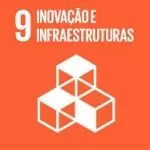
Algicel's activity is based on internal innovation processes that have resulted in intellectual property, namely technology patents No. 105755 and No. 105809, and it maintains scientific research as a vector for future development, with several projects in progress at different stages.
The University of the Azores is the privileged partner for the research and applied innovation processes developed in the company, which also provides the University with the means to publicise and train new researchers.
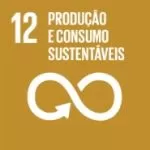
Algicel's production processes are designed to mitigate the risk of contamination by other products through rational and optimised use.
The production process does not use any fossil fuels and includes the generation of renewable energy, particularly photovoltaic energy.
Microalgae Haematococcus pluvialis produces Astaxanthin as one of its metabolites, and this natural active substance is used to produce food supplements. This is a natural process as opposed to the production of synthetic Astaxanthin based on chemical reactions of petroleum derivatives, which is poor in terms of sustainability, quality and safety.
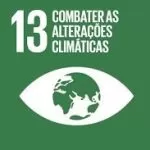
Algicel's production process is based on the vegetative development of microalgae Haematococcus pluvialiswhose metabolism is regulated by photosynthesis. Photosynthesis involves the consumption of CO2 and the production of O2. The mass balance is 1.5 kg of CO2 per kg of microalgae biomass produced.
The land used by Algicel for cultivation billboardsThe current area of around 1ha, which will be expanded to 3ha, has not been waterproofed, but small anchoring blocks have been laid for the metal structures supporting the photobioreactors.
No fossil fuels are used in Algicel's production process, and renewable energy (photovoltaic) is produced.
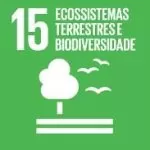
The microalgae cultivated by Algicel is a strain of Haematococcus pluvialis isolated on the island of São Miguel and fully adapted to the specific conditions of the Azorean climate and soils. In this way, no strains are used, much less invasive species, preserving the local ecosystem and biodiversity.
